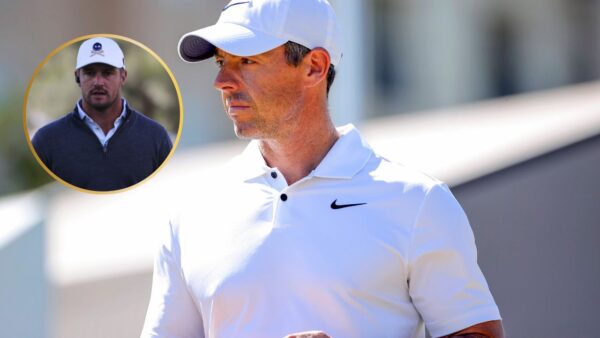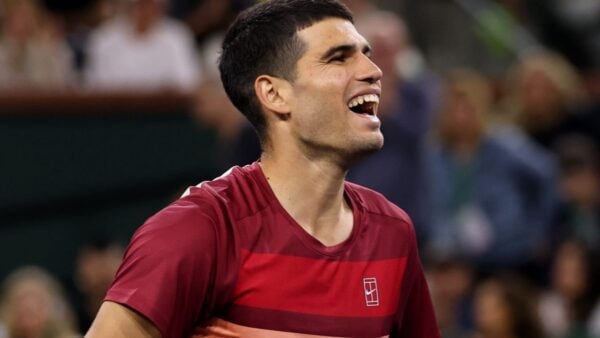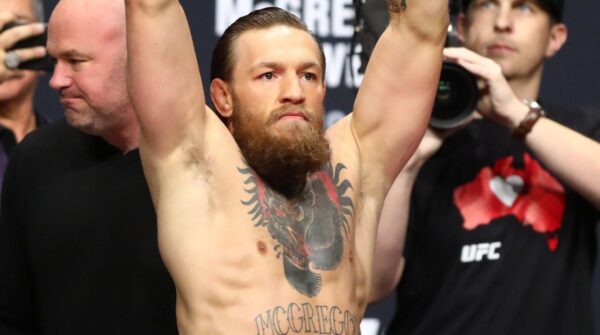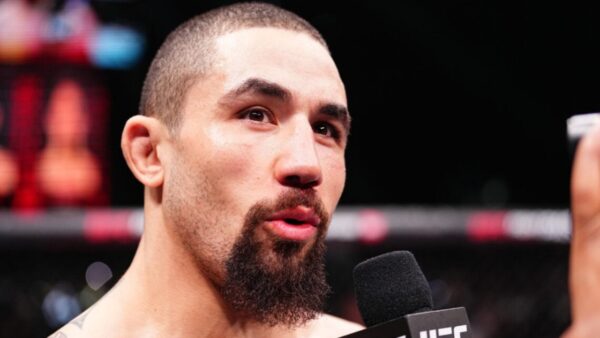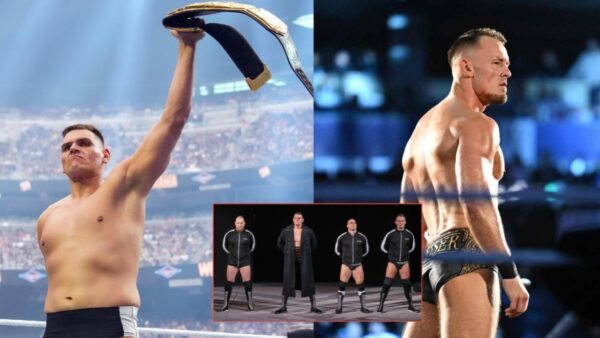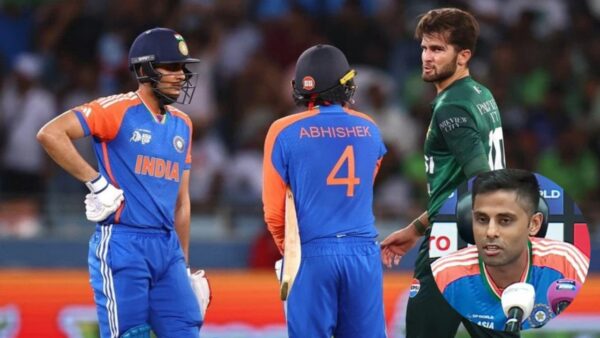Chiefs’ Chris Jones Doesn’t See Micah Parsons Playing Anywhere but Dallas Despite Hostility with Cowboys
Micah Parsons and Dallas Cowboys are yet to come to an agreement on his contract extension despite the team starting their preseason.
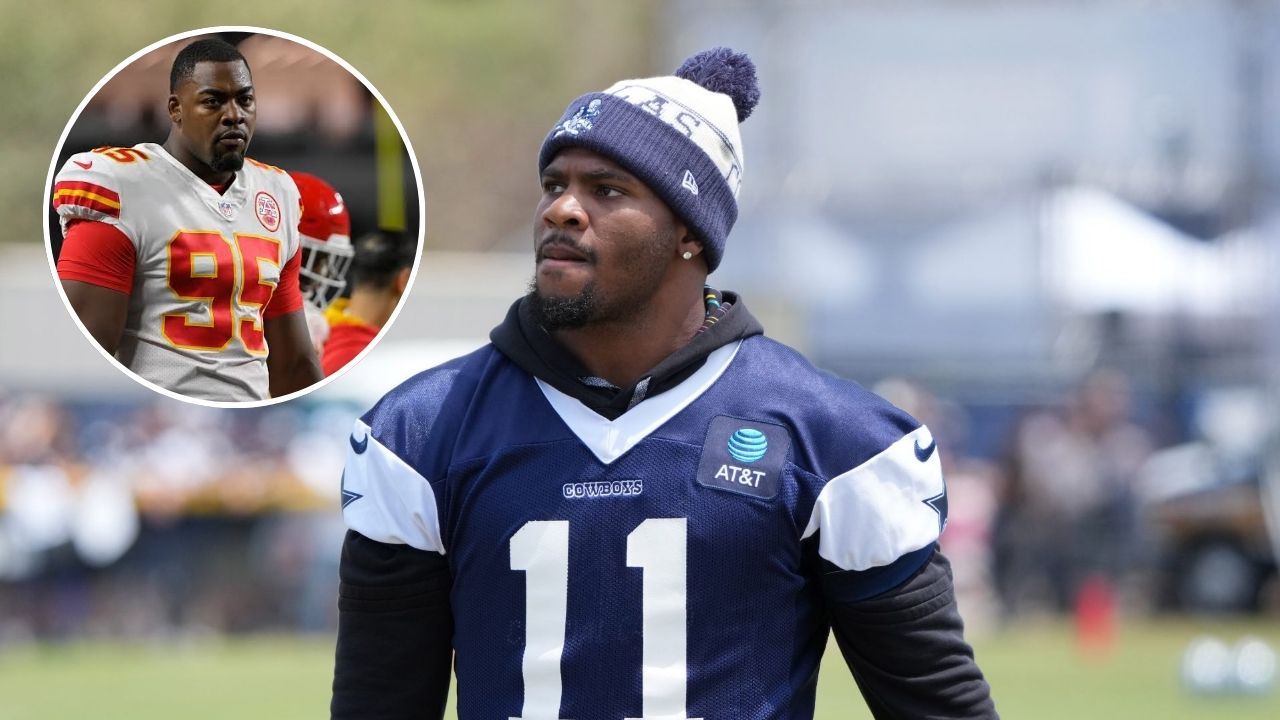
Micah Parsons, Chris Jones (Images via FOX News/Front Office Sports)
🔍 Explore this post with:
The Kansas City Chiefs’ defensive tackle, Chris Jones, delivered a bold take on the ongoing hostility and contract standoff between defensive edge Micah Parsons and the Dallas Cowboys’ management. Parsons, who’s entering his fifth year of the contract, is yet to receive any resolution on his contract extension.
Micah Parsons has been in talks with the management since last year. In March, he spoke with the owner and general manager Jerry Jones, which the latter assumed was a part of the negotiations. Parsons, however, saw the talks as just that, while the management remained opposed to interacting and engaging with Parsons’ agent, David Mulugheta.
The push-and-pull deteriorated earlier this month after Parsons requested a trade from the team while lashing out at the management for personal attacks and disrespect. The current situation hasn’t gotten any better.
Amid trade rumors and hefty outside noise, Chris Jones claimed that the situation is going to get resolved in Dallas itself. Jones was speaking with Kay Adams of the Up and Adams Podcast, and here is what he had to say:
I don’t see Micah [Parsons] playing anywhere else but Dallas. I’m quite sure they’ll get it worked out. I think Dallas loves Micah. And I think Micah loves Dallas. And I think Jerry Jones will get it worked out.
3x All-Pro DT Chris Jones chimes in on Micah Parsons' ongoing contract situation:
— Up & Adams (@UpAndAdamsShow) August 11, 2025
"I don't see Micah playing anywhere else but Dallas"@heykayadams | @StoneColdJones pic.twitter.com/moqH6edM5v
Chris Jones’ comments are quite the polar opposite of what ESPN analyst Dan Orlovsky said a day ago. Orlovsky claimed that there’s some personal dislike between the management and the player a week back and reiterated the statement on Monday.
Do they want to get a deal done with Micah Parsons? I don’t think they like him. I don’t think they like each other. I could be dead-wrong, I just don’t. There’s something that feels like he doesn’t like them, they don’t like him. It is a personal dislike that isn’t attached to just money.
"I don't think they like each other."
— Get Up (@GetUpESPN) August 11, 2025
—@danorlovsky7 on Micah Parsons and the Cowboys pic.twitter.com/tfzmExZCrL
Chris Jones feels like the problem is the inability of Micah Parsons and the team to meet in the middle
The Dallas Cowboys and the linebacker have not come to an agreement, and the reasons behind this are widely debated. From Dan Orlovsky’s dislike take to Chris Broussard’s claim of the Cowboys trying to intentionally create drama and chaos, there have been a few perspectives.
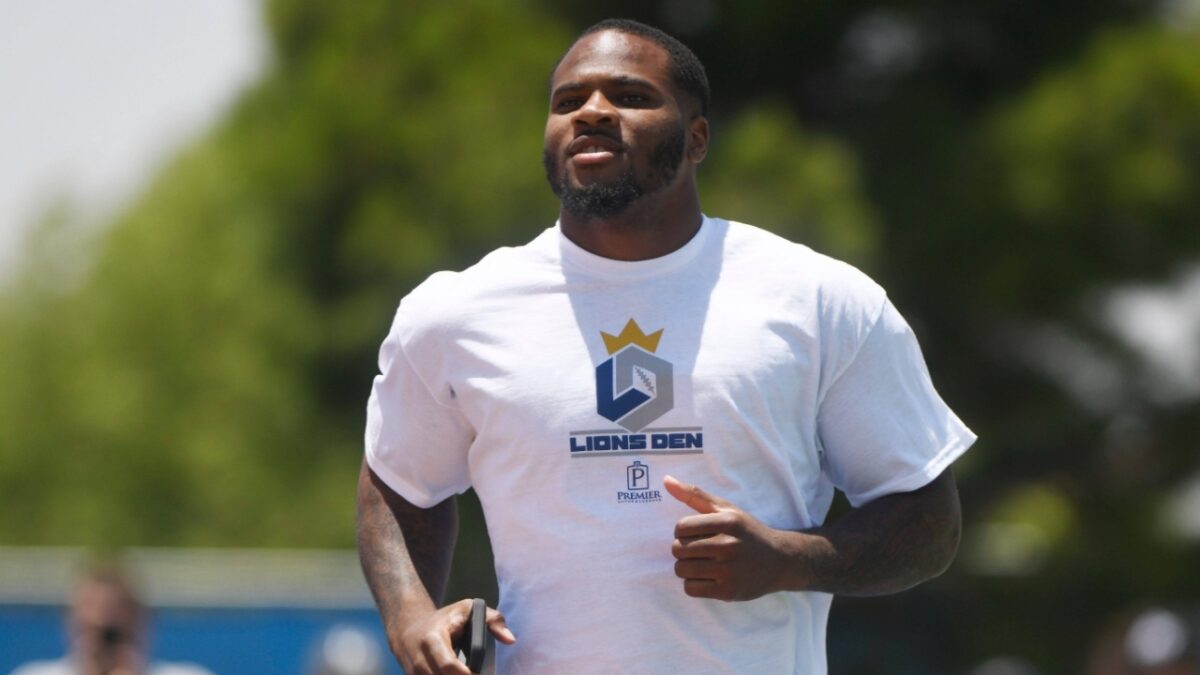
Chris Jones noted that the reason behind the standoff is not disloyalty or any personal issues. He claimed that the situation is due to the inability to reach a middle ground, or rather, that their terms have failed to align.
Jones admitted that there are valid arguments on both sides. He empathised with Jerry Jones, who has been on the receiving end of harsh social media and on-field hatred. He seemed to be referencing Jerry Jones’ statement on his past about the high-value contracts of Dak Prescott and CeeDee Lamb, which he shelled out last year.
It’s frustration on both sides. It’s probably frustrating for Jerry with everything that’s going on. And then the contracts he’s recently gave out as an owner. And you’re looking at it from a business standpoint. ‘I give all these guys contracts.’ And then it doesn’t go as well as he wants it to go.
The defensive tackle also took a look at Parsons’ shoes. He noted that the player feels frustrated from not being paid for putting his body on the line, taking unimaginable risks to win games. Furthermore, he added that when a team’s offer comes in lower than what a player believes they’ve earned, it strikes deeper than finances. It challenges the player’s identity, validation, and sense of belonging within the organization.

